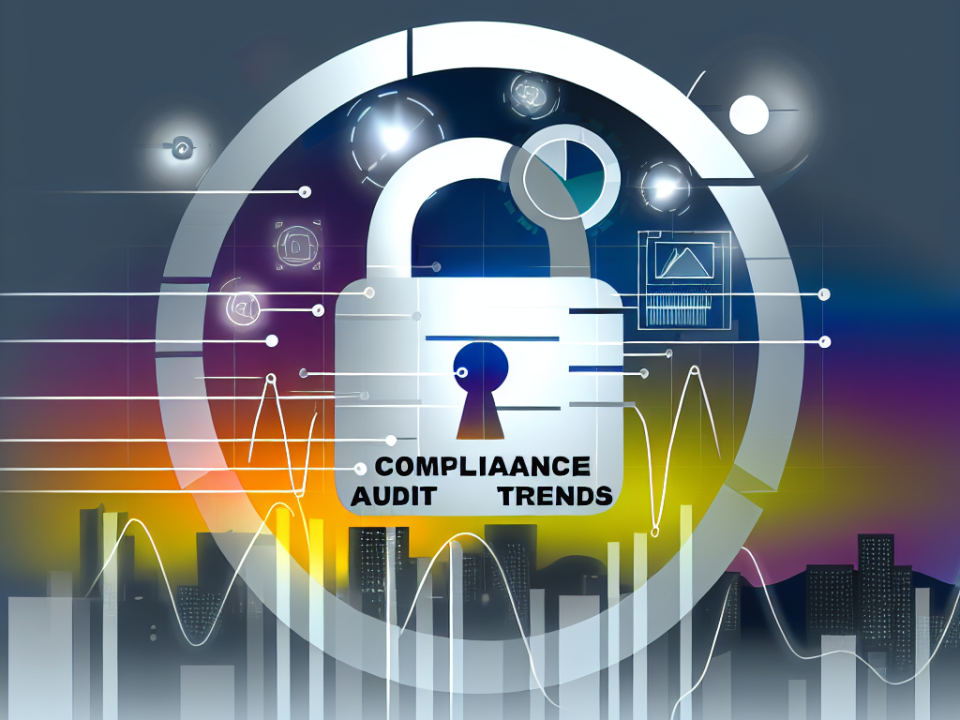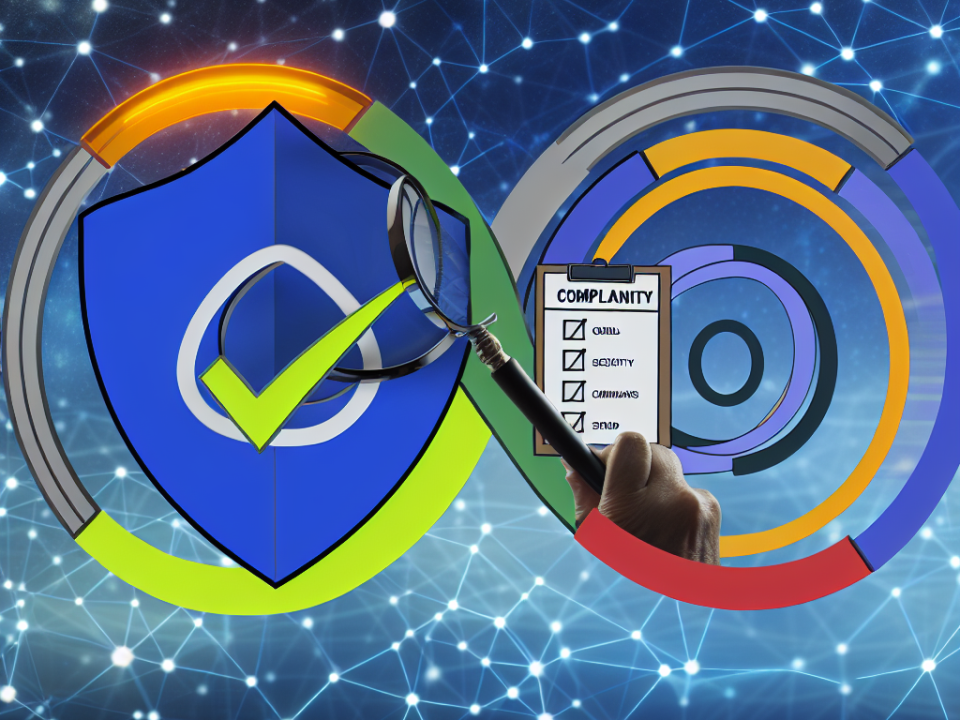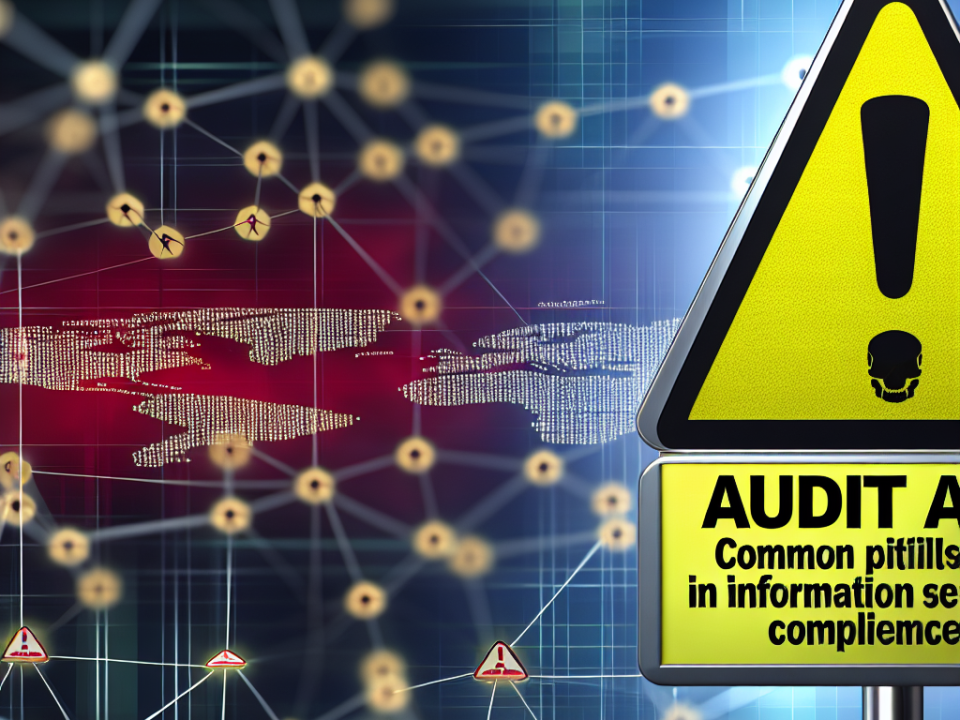
Feel free to mix and match phrases or adjust them to better fit your specific audience!
September 22, 2025
Guardians of the Digital Realm: How AI is Transforming Cybersecurity
September 23, 2025
In an era where digital transformation is the norm, compliance with security standards is vital for any business aiming to protect sensitive data and maintain consumer trust. Regulatory requirements and industry standards are becoming increasingly stringent, reflecting the growing concerns surrounding cybersecurity threats and data breaches. This article outlines the essential security standards every business should be familiar with, alongside strategies to ensure compliance.
Understanding the Importance of Compliance
Compliance with industry security standards isn’t just about avoiding penalties; it’s about building a robust framework for protecting customer data and maintaining organizational integrity. Non-compliance can lead to serious consequences, including financial losses, reputational damage, and legal repercussions.
The Key Standards Every Business Should Know
-
General Data Protection Regulation (GDPR)
Enforced in 2018, the GDPR governs how businesses collect, store, and process personal data of EU citizens. Key principles include data minimization, explicit consent, and the right to access and erase personal data. Organizations outside the EU that process EU citizens’ data are also obligated to comply.
-
Health Insurance Portability and Accountability Act (HIPAA)
HIPAA stipulates national standards to protect sensitive patient health information in the United States. Businesses in the healthcare sector must implement administrative, physical, and technical safeguards to ensure confidentiality, integrity, and availability of electronic health information.
-
Payment Card Industry Data Security Standard (PCI DSS)
The PCI DSS outlines security measures for organizations that accept credit card payments. It comprises a set of requirements for enhancing payment account data security, including encryption, access control measures, and regular security testing.
-
Federal Information Security Management Act (FISMA)
FISMA requires federal agencies and their contractors to secure information systems. Its framework emphasizes risk management and continuous monitoring and has influenced many private-sector organizations that work with governmental bodies.
-
National Institute of Standards and Technology (NIST) Cybersecurity Framework
The NIST Cybersecurity Framework is a voluntary set of guidelines developed to enhance the security of critical infrastructure. Although it focuses on federal information systems, many private organizations have adopted its principles for their own cybersecurity strategies.
-
ISO/IEC 27001
ISO/IEC 27001 is a globally recognized standard for information security management systems (ISMS). It provides a systematic approach to managing sensitive company information, ensuring its confidentiality, integrity, and availability, and is applicable across all industries.
Strategies for Ensuring Compliance
-
Conduct Regular Risk Assessments
Understanding potential vulnerabilities is key to compliance. Regular risk assessments can help identify areas where your business may be at risk of data breaches, allowing you to take preemptive measures to mitigate these risks.
-
Implement Strong Data Protection Measures
Invest in cybersecurity technologies like firewalls, encryption, and intrusion detection systems to protect sensitive data. Multi-factor authentication (MFA) and regular updates of software and systems further enhance data security.
-
Develop a Comprehensive Data Management Policy
A robust data management policy should outline how data is collected, stored, processed, and disposed of. It should also specify employee responsibilities regarding data protection.
-
Train Employees
Employees are often the weakest link in security. Regular training and awareness programs can help them understand their role in protecting sensitive information and recognizing phishing attempts and other security threats.
-
Engage with Legal and Compliance Experts
Compliance is a complex area that requires expertise. Consulting with legal and compliance experts specializing in your industry can help navigate the intricate regulatory landscape and ensure adherence to applicable standards.
-
Stay Informed About Changes in Regulations
Compliance standards frequently evolve. Staying informed about changes can help ensure that your business remains compliant and avoids the pitfalls of outdated practices.
Conclusion
Navigating compliance with security standards is an essential aspect of modern business operations. By understanding the key regulations and implementing robust strategies for compliance, organizations can safeguard their data, protect their reputation, and foster trust with customers. In the landscape of cybersecurity threats, proactive compliance is not merely an obligation; it is a necessity for sustainable business success.







